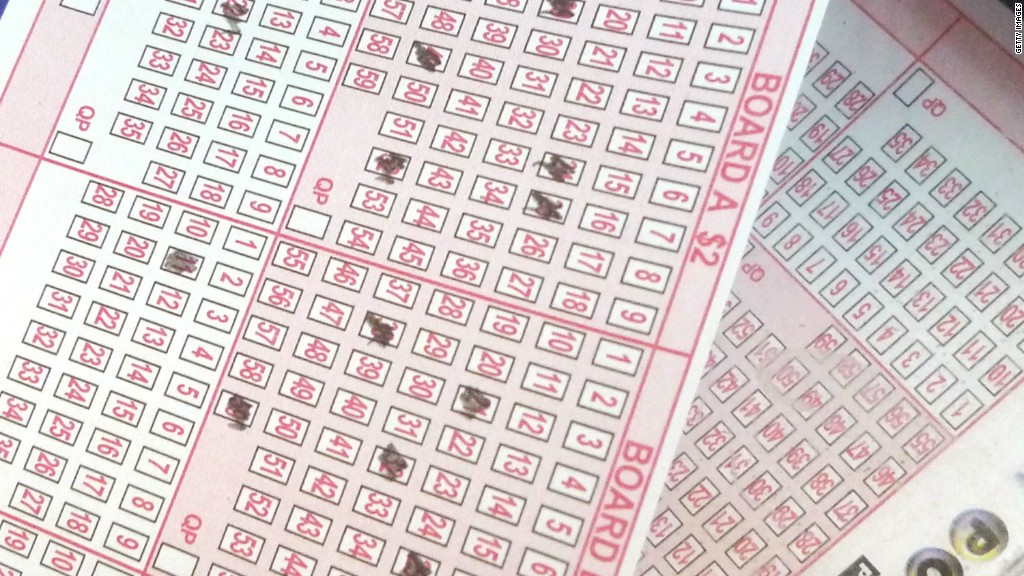
Forget about that billion dollar Powerball. Far more money is wagered every year on instant scratch-off games, which attract more low income gamblers.
Multiple studies in states such as Texas, Connecticut, South Carolina and Minnesota have shown that the majority of people who play instant lotto games have a below-average income.
The reason? "Winning $5,000 on an instant game is a huge amount of money if you're struggling financially -- it can be life changing for someone just trying to get by," said Victor Matheson, an economics professor at the College of the Holy Cross.
Lotteries are sometimes criticized as a "de facto tax on the poor," according to Matheson.
"The poor spend a much higher percentage of their overall income on lotteries than the rich, and they can afford it less," he said.
Related: The 114 missing lottery millionaires
John Spry, a finance professor at the University of St. Thomas in Minnesota, has also studied the economic disparity among people who play instant scratch-off games.
About three out of four instant game tickets sold in Minnesota are purchased by people with below-average incomes, according to Spry. He also cites research that shows that in South Carolina, 60% of instant lottery tickets were purchased by people with very low incomes.
The upside of instant scratch-off games: They pay out more of the money that people spend on tickets -- typically 70%. While the Megamillions and Powerball lotteries only redistribute about half of the money spent on tickets.
Related: You're even less likely to win Powerball than you think
Both Spry and Matheson also point out that when a lottery hits a staggering multimillion dollar jackpot, it tends to attract players at all income levels.
"When the purse is in the hundreds of millions, it's going to attract a different group of buyers," Matheson said. "That amount of money is life-changing for anyone."

